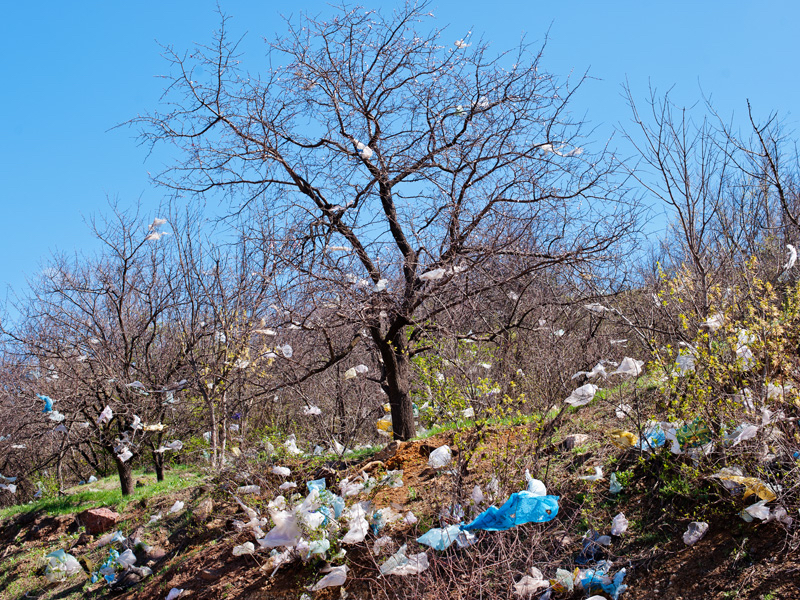Federal Environment Minister Greg Hunt underlined his commitment to tackling the environmental impact of plastic bags by attending a national meeting on the issue in Sydney yesterday.
The Ministerial Roundtable brought together state and Commonwealth ministers, as well as representatives from local government, peak bodies, industry, retailers, environmental groups and scientific experts.
An outcome of the last meeting of environment ministers in December 2015, its aim was to review the experiences of jurisdictions that have already implemented plastic shopping bag bans.
Mr Hunt joined the discussions to examine practical solutions to the damage caused by plastic bags to the environment. He said the Federal Government is taking a stronger stance on this “important environmental issue”.
Ahead of the meeting, Mr Hunt had announced $60,000 of funding towards urgent research into the best way to reduce plastic pollution in Australia’s marine and water habitats. Mr Hunt also revealed a further commitment from Federal Government “to tackle the detrimental impact of plastics on our environment”.
Last December, Commonwealth, state and territory Environment Ministers announced plans to achieve a voluntary phase-out of microbeads by no later than July 2018.
“We will continue to work with companies towards a voluntary phase-out of microbeads. However, if by 1 July 2017 it is clear that the voluntary phase out will not achieve what is effectively a widespread ban on microbeads, the Federal Government will take action to implement a ban in law,” said Mr Hunt
“Like microbeads, plastic shopping bags have a devastating impact on the environment. Australians consume billions of plastic shopping bags each year, which are often only used for a few minutes before being thrown away.”
WMAA CEO Martin Tolar attended the meeting. He said there was a general agreement between attendees that something needs to be done, but the debate has now switched to considering a plastic bag ban or a levy.
“I would have liked more time to discuss the solutions, the ways to address the issue. There’s still quite a lot of focus on the practicalities of introducing a ban or levy, and one of the ideas discussed were incentives for people to use reusable, long-life bags,” he said.
Mr Tolar also praised Minister Hunt’s attendance at the roundtable, saying it demonstrated his serious stance on the matter.
“It was good that he was there; it shows national leadership on the issue and the that he recognises the importance of finding a solution. What we need now is a national solution achieved through a harmonisation of state-based regulation and policy,” added Mr Tolar.
Queensland Environment Minister Dr Steven Miles and his NSW counterpart Mark Speakman also shared their views on what was discussed at the event and their aspirations for the future.
Dr Miles said the steering group would investigate growing scientific evidence about the ongoing detrimental effect of plastic bags on the environment and regulatory approaches to reduce plastic bag litter.
“There has been a lot of discussion on single-use plastic bags over the years, and as the Environment Minister, and Minister for the Great Barrier Reef, I have made sure the issue is back on the table,’ Dr Miles said. “Doing what we can to save turtles, dugongs, dolphins and fish from suffocation or plastic ingestion, is a no brainer.”
The NSW Department of Environment and Heritage have been working on this issue for more than a year. NSW EPA investigated options for addressing the impacts of plastic bags in NSW and nationally, producing a paper to summarise their findings and recommendations.
Mr Speakman said ministers and scientific, business and environmental experts discussed jurisdictional experiences, lightweight versus boutique bags, citizen science, and the next steps for government at the roundtable. .
“Minister Miles and I have expressed a commitment to continue working towards a harmonised approach to reducing the amount of plastic that makes its way into our marine environment. The steering group is a significant step towards achieving our aim,” he added.



